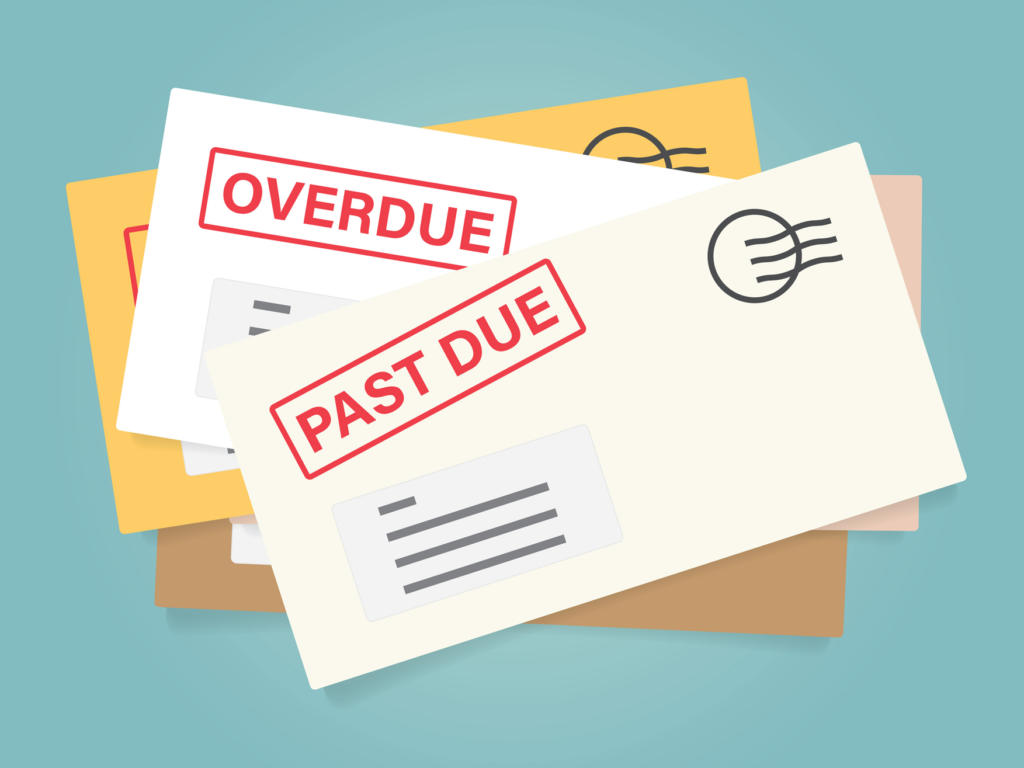Creditor
A Difficult Truth: The 79th Group’s Latest Statement
On 10 April, The 79th Group issued a public statement in response to the ongoing investigation by the City of London Police, which can be found here. But let’s be clear: this is not a roadmap to redemption. It’s a thinly veiled admission of financial distress — and a warning to investors that the company…
Read MoreInsolvency Alert- DeTrafford Update
Victoria Works NW Ltd (previous name DeTrafford Victoria Gardens Ltd) Insolvent and Still Trading plus Third Party Action Update for purchasers who used Stocker & Co LLP, Versus Law and CS Conveyancing We recently reported through our Insolvency Alerts regarding Victoria Works NW Ltd, previously known as DeTrafford Victoria Gardens Ltd. You can read this…
Read MoreCarrie-Ann James – What Next?
In this series, we examine Gary Forrest’s enablers and where they are now. We begin with Carrie-Ann James, an officer of the court and former president of the Insolvency Practitioners Association (IPA). Her role in handling companies linked to Gary Forrest raises serious concerns. Previously, we explored her appointment by the court as Administrator of…
Read MoreDEBT ALERT: Platinum Assets and Developments Limited – Insolvent and Still Trading
Our company alert this week is regarding Platinum Assets and Developments Limited. A building development company with a registered office in Cuthbert House, Tyne and Wear. This company had owed our client £60,000 plus interest (the Debt) and costs. On 25th October 2024 our client assigned the debt to Insolvency & Law Ltd. We are…
Read MoreThe Clean Food Growing Company –New Capital Link- Blatant Fraud?
In September 2023, New Capital Link who we have reported on here and here, introduced one of our former clients to The Clean Food Growing Company Ltd (TCFGC). They also go by ‘The Clean Food Company’. This was as part of a Loan Note investment opportunity. The company was presented as a promising venture, with…
Read MoreAshbrookes Group Limited/ John Street- New Capital Link
Ashbrookes Inspired/Ashbrookes Group Limited (the trading name for Arimco Ltd) first came to our attention in 2022. We identified a Loan Note (LN) product that Castle Trust & Management Services Ltd were providing Security Trustee services for. This was allegedly distributed exclusively by Intelligent Distribution, the introducing company led by Sonali Craddock and Charles Green.…
Read More




